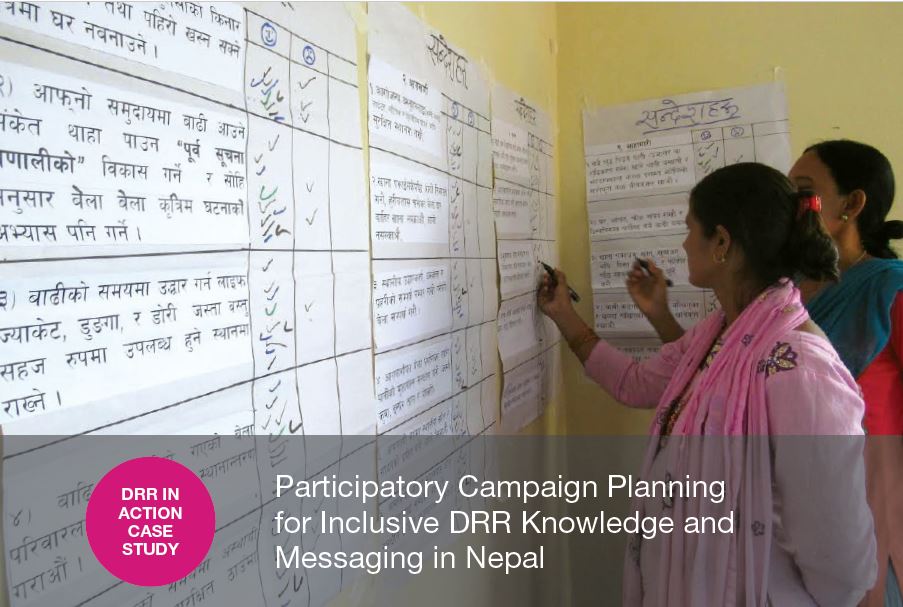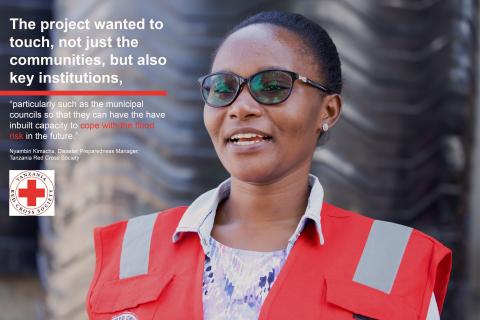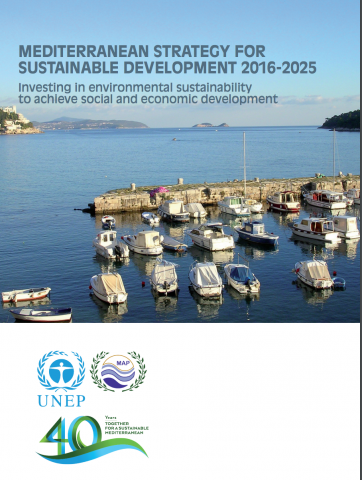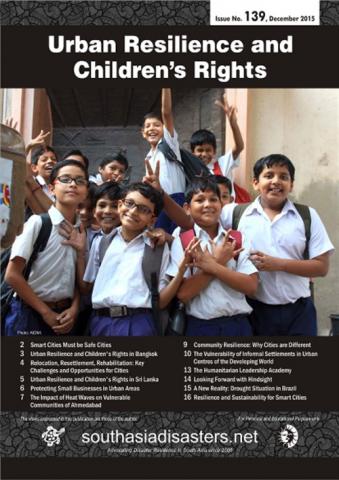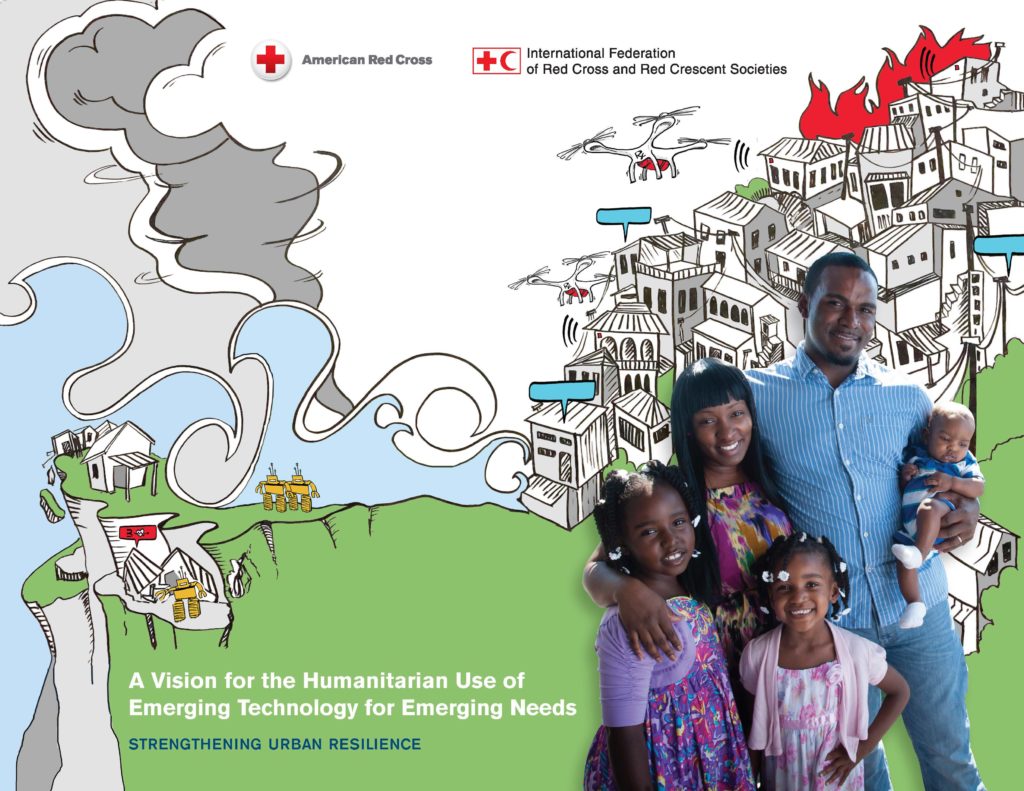Cost-Effective Traditional and Modern Coping Strategies for Heatwaves Prevalent in Tribal, Rural and Urban India
This research is carried out by Niti Mishra1, Peehu Pardeshi2, Shivani Kaim1, Dipali Bar1, Bateswar Das1, Saurabhi Niroula1, Poulami Ganguli1, Muskaan Ahmed1. with funding support from the Global Disaster Preparedness Center. Recently, the year 2022 recorded extreme temperatures which were greatly unpredictable. Within the tropics, India underwent major heat stress during and before the summer months, […]

